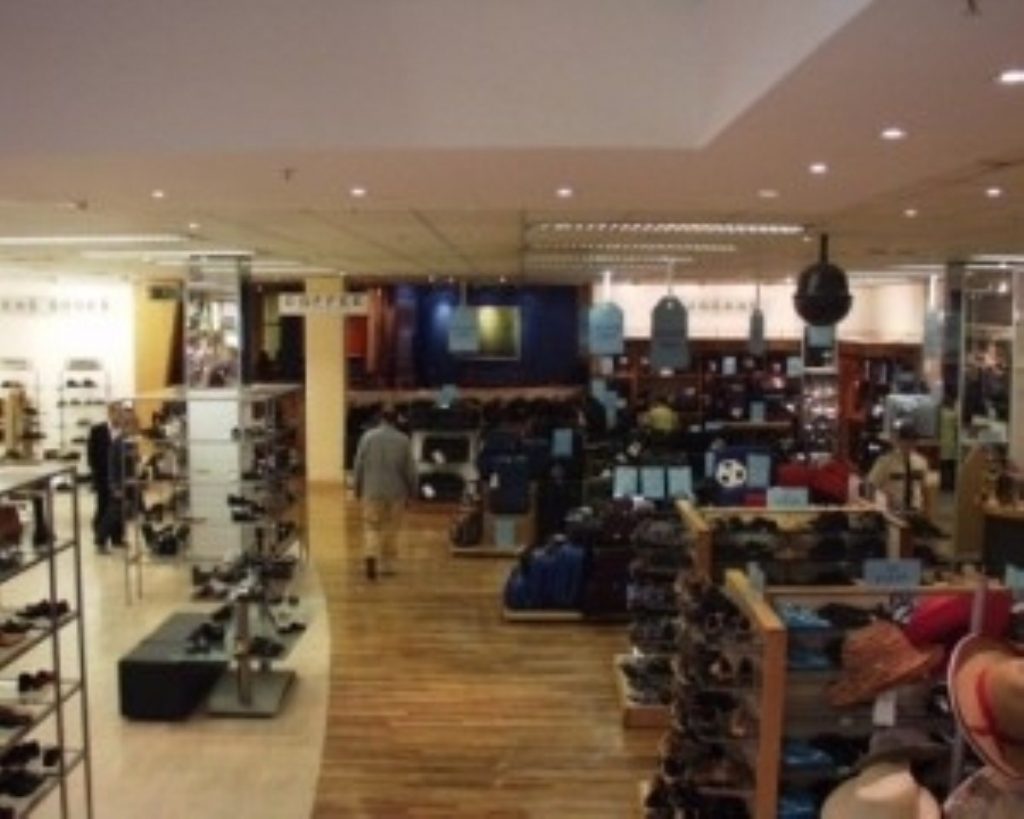Minimum wage has little negative impact on retail
A new report from Income Data Services (IDS) suggests that the minimum wage has little impact on the number of jobs created in the retail sector, with many retailers paying above the current level.
The figures have been immediately seized on by the TUC’s general secretary, Brendan Barber, to back his calls for a rise in the basic rate.
But the British Retail Consortium (BRC) again warned that the level of the minimum wage was at “tipping point” and though retailers have been able to absorb the increases up till now, further rises would result in “serious repercussions”.
According to the IDS survey, which draws on pay data from over 100 companies, around two thirds of firms now pay at least £5 an hour to sales staff who have completed their probationary period. Many large firms have pushed their starting rates up above £5 to stay ahead of the minimum wage, with the average starting rate standing at £4.87.


The current adult national minimum wage is £4.85.
The research suggests that funding for the higher base rate has sometimes come from reducing the extra rates paid for weekend and evening working, but that the minimum wage has little impact on total employment rates.
The head of pay services at IDS, Alastair Hatchett, said: “A significant finding is that many of the larger retailers have introduced new contracts for their staff which consolidate certain premiums and allowances. They have been seeking to focus on putting more of the reward into basic hourly wages to help keep these rates higher than the minimum wage.”
Commenting on the figures, Mr Barber said: “Retail lobby groups have opposed every increase in the minimum wage warning that thousands of jobs will be lost. Since the wage was introduced it has risen above the growth in earnings and the retail sector has boomed, creating not losing jobs. There is clearly room for the sector to accommodate further increases in the minimum wage.”
The TUC is calling for the minimum wage to rise to £5.35 in 2005.
A spokesperson for the BRC told politics.co.uk that today’s figures are broadly in line with their own estimations. However, the BRC takes a significantly different line on the meaning of the figures.
Their latest survey of the minimum wage’s impact (conducted in July 2004) suggested that retailers were increasingly find it difficult to absorb the rises, and maintain their status as an above the minimum wage profession. The BRC warns that further increases could see 18 to 21-year-olds being placed on development rates, and wage differentials between staff will be reduced. It also claims that benefit packages will be reduced – including an end to seasonal bonuses – and jobs will be lost.

